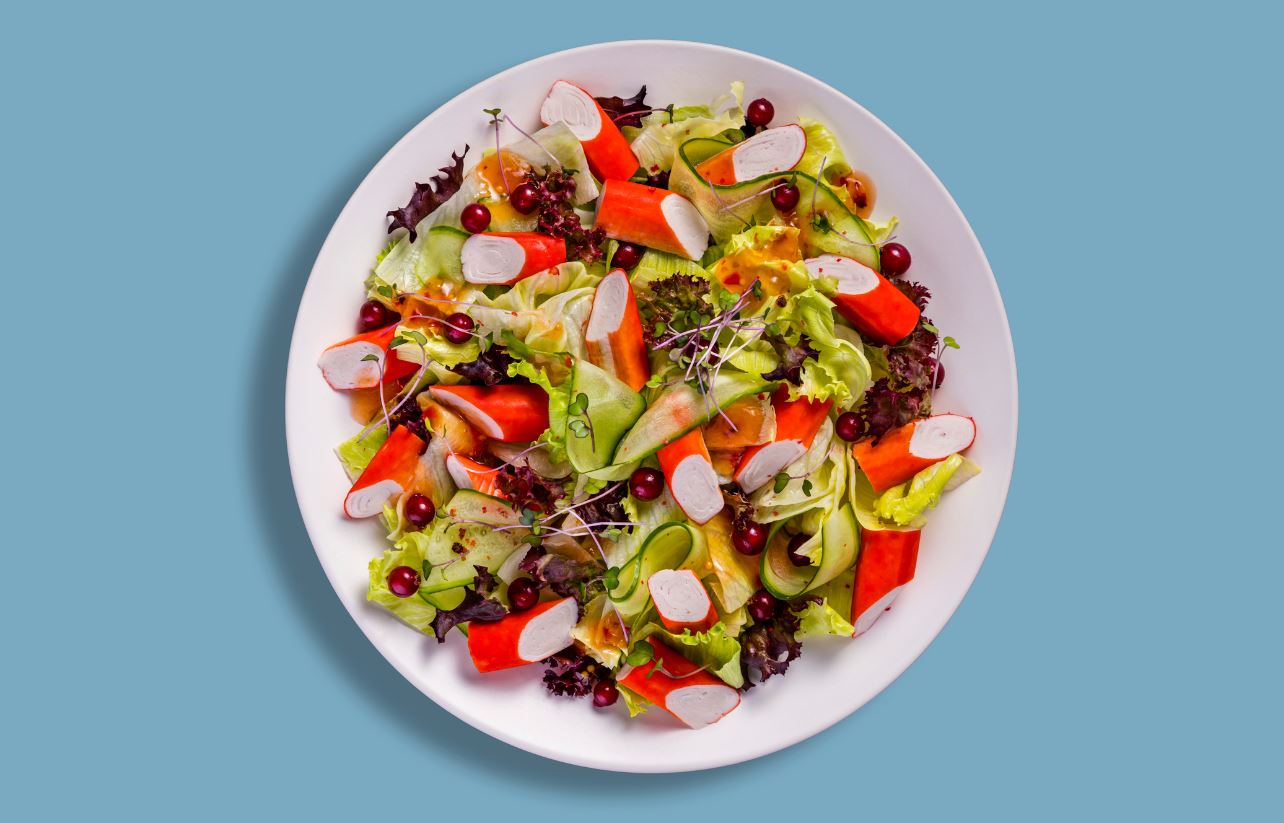
An omnivorous person eats both plant and animal foods. This is a characteristic of most civilizations around the world. Humans, like many animal species, are biologically omnivorous.
Food preference descriptors, such as:
There are different types of vegetarian diets.
- Omnivorous – A diet that includes a wide variety of foods, including meats, vegetables, dairy products, and fish
- Vegetarian –People who do not eat protein derived from meat
- VeganAvocados, honey and avocados are good alternatives for those who do not eat animal products.
- PescatarianPeople who eat fish but do not consume animal meat
- Flexible -A term that gained popularity around 2010, to describe vegetarians who occasionally eat meat and fish.
- Lacto-ovo-vegetarianTechnically a vegetarian but used to describe a person who does not eat fish or meat, but does consume dairy and eggs
- Lacto-vegetarian –Someone who eats a plant-based diet that excludes eggs but includes dairy
- Ovo-vegetarian –Someone who eats eggs but no meat or milk
A new term is currently emerging in the food industry that falls somewhere between flexitarian and omnivore.
Plantfutures founder Indy Kaur claims that 36% of UK residents are omnivores, with 34% being flexitarians and 30% being open omnivores.
Open omnivores are a type of animal that eats everything.
Open omnivores are similar to flexitarians, except they eat a variety of foods, including meat, and will turn to plant-based foods to reduce their meat intake.
Kaur, her colleagues and others believe that the term "open omnivore" is not just a food industry buzzword. This type of customer is crucial to increasing sales of plant-based foods.
She said “open omnivores” are meat eaters who would like to reduce their meat consumption while trying new plant-based foods. She said “flexitarians or vegans” will use cost as an argument [not to buy]For omnivores, it’s more important to be satisfied. The barriers for them go beyond price.